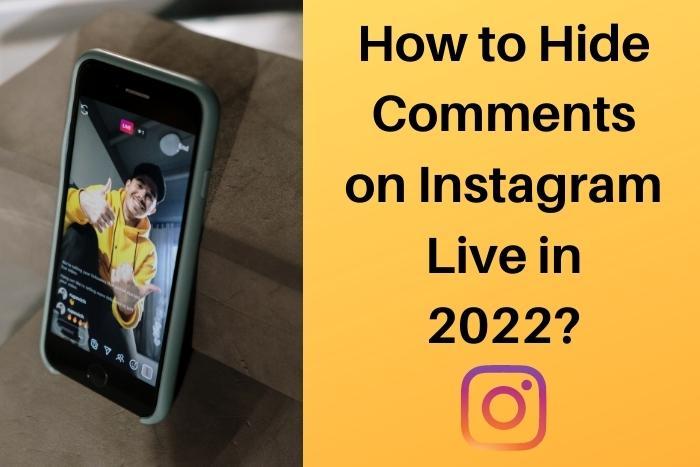When was the last time you ordered something online? You might have ordered new shoes or had food delivered to your house last night. And you are not alone—online shopping has become a popular choice!
Consumer behavior has changed dramatically since the COVID-19 pandemic. Customers were already shopping online before the pandemic, but the current health risks have increased the demand for e-commerce and m-commerce. In 2020, e-commerce sales in the U.S. increased by 43%, or nearly $250 billion.
What exactly is e-commerce, and what distinguishes it from m-commerce? Is it helpful to set up an e-commerce or m-commerce platform for your business? This blog will compare e-commerce and m-commerce and discuss how they can help your business. Let’s start!
What is E-commerce?
Shopping from the comfort of home beats spending all day looking for what you need at the mall. E-commerce, also known as electronic commerce, is the buying and selling of goods and services over the internet, including digital products, memberships, or services. Customers usually conduct these activities via computer or laptop.
Meanwhile, m-commerce, or mobile commerce, refers to purchases and sales made using a mobile device. The popularity of smartphones boosted the development of new services, products, and online payments. Retail m-commerce sales in the U.S. reached $359.32 billion in 2021, a 15.2% increase over 2020.
While users technically still need to go online to make m-commerce transactions, much like in e-commerce, some features differentiate it from e-commerce.
What is the Difference Between E-commerce and M-commerce?
The significant difference between e-commerce and m-commerce is the shopping device used, with m-commerce referring only to mobile devices and e-commerce referring to all internet transactions regardless of the device used to access online stores. Essentially, mobile commerce extends e-commerce through smartphones.
Here are the other five key differences between e-commerce and m-commerce:
- Mobility
Smartphones allow online shoppers to complete transactions with a few clicks. Consumers need desktops or laptops to perform e-commerce activities, typically through an e-commerce website. On the other hand, m-commerce apps can be accessed quickly using mobile phones.
- Reachability
Push notifications allow m-commerce to reach a broader range of users, even when they are on the go. These are more personalized, less intrusive, and more effective from a retailer’s standpoint. The opt-in rate for push notifications is 67.5%, with a high chance of capturing users’ attention.
- Security
When shopping online, the most crucial factor to consider is security. Credit cards are the most used payment method in e-commerce. However, some customers are hesitant to enter their credit card information.
M-commerce apps usually provide more variety in data security features, including two-factor authentication and multi-level authentication, such as facial or fingerprint recognition, because some mobile phones are capable of scanning these already.
- Location tracking
On computers, the IP address is used to track e-commerce shoppers. Meanwhile, m-commerce uses positional tracking technologies such as GPS, Wi-Fi, and mobile data. Retailers can use location accuracy to alert users to promotions in their immediate vicinity.
- Ease of use
A potential customer’s phone is always with them, from when they wake up until they go to bed. M-commerce apps increase the likelihood of customers engaging in more personalized interactions. Retailers can easily interact with customers via m-commerce apps and resolve their inquiries in less time, which is an excellent way to increase store conversion rates.
Is E-commerce the Right Platform for Your Business?
Many businesses rely entirely on e-commerce to sell their products. It is less expensive to operate exclusively online, and advanced digital technology allows them to target potential customers effectively. Here are some advantages and disadvantages of running an e-commerce business to help you decide whether it is right for you:
Advantages
- Lower operating costs: A single entrepreneur can run many small e-commerce businesses.
- 24-hour selling opportunities: Customers are welcome to browse and shop at your store anytime.
- Wider customer base: Anyone with internet access is a potential customer.
Disadvantages
- No in-store customer experience: Customers who want to try a product or ask questions about different products may prefer physical stores.
- Issues with technology and security: Phishing, malware, and ransomware can all compromise your online store.
- Easy price matching and comparison: Your competitors can quickly check your prices to lower theirs and steal prospects from your store.
What Can You Do with This Information?
Changes in lifestyle and consumer behavior fueled the growth of the e-commerce industry, and brands have changed their business strategies to stay competitive. The proven value of implementing e-commerce and m-commerce platforms makes your new e-commerce business ideas worthwhile to pursue!
You do not have to create an e-commerce platform right away. Transitioning from conventional to digital can intimidate business owners, but many consumers still prefer traditional commerce, such as going to the mall.
If you think e-commerce is the right path for you, you can read this in-depth guide to e-commerce to learn how to launch your new online business.
Athour Bio : Michelle Bilan
 Product Marketing Manager
Product Marketing Manager
RUSH Technologies
Michelle Bilan is a Product Marketing Manager at RUSH Technologies – the go-to e-commerce services partner of every business in making digital easy, efficient, and effective in the Philippines. She is highly skilled in the field of brand and project management, specializing in digital marketing, corporate communications, and content creation. During her free time, she enjoys singing, reading, and watching legal or historical dramas.
















